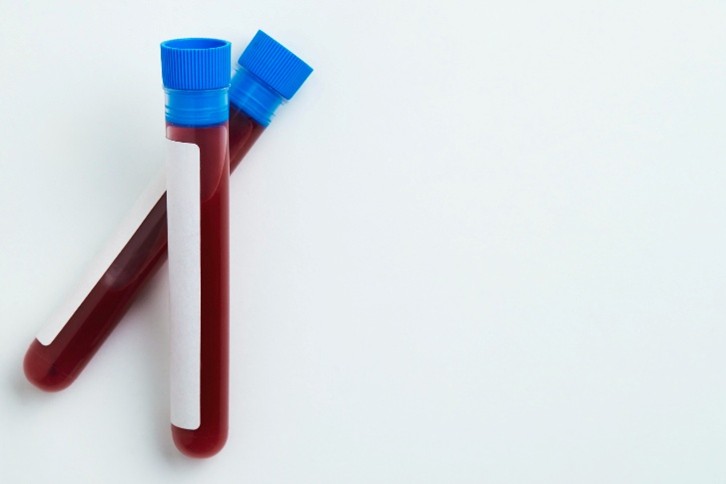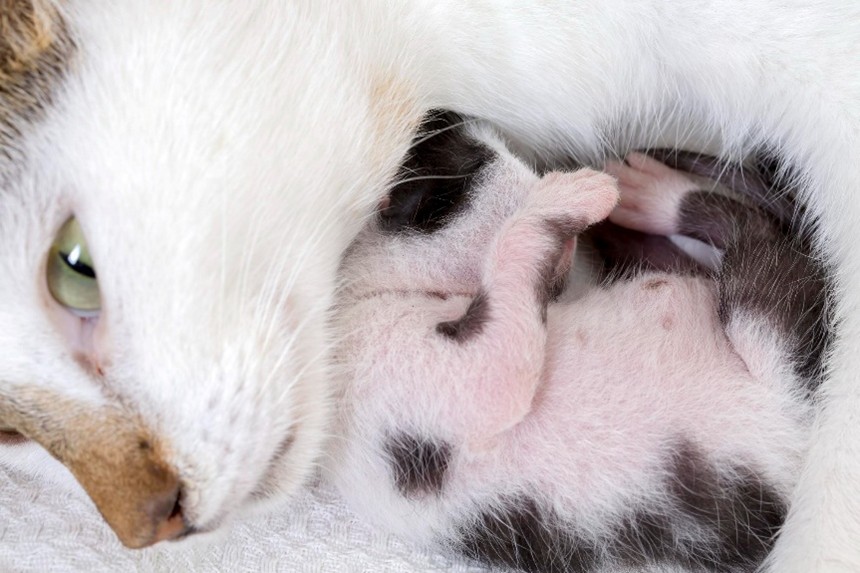Where Can Pet Stem Cells Be Collected?
Last updated: 18 Jul 2025
431 Views

Where Can Pet Stem Cells Be Collected?
Top 3 Sources for Veterinary Stem Cells and Standardized Banking Techniques
As regenerative medicine becomes a trusted approach in pet healthcare, pet stem cell banking is gaining momentum among owners who want to proactively invest in their pets' long-term well-being. But one common question remains:
"Where exactly can we collect stem cells from pets?"
Here are the three primary sources of stem cells in veterinary practiceeach with distinct advantages and applications:
1. Adipose Tissue (Fat)
Fat collected from areas such as the abdomen or hips is the most common and reliable source of Mesenchymal Stem Cells (MSCs) in pets. Advantages:
Advantages:
Studies show that adipose-derived MSCs in dogs are highly effective in reducing inflammation and regenerating cartilage tissue.
2. Peripheral Blood or Umbilical Cord Blood
Blood can be drawn directly from the veins (Peripheral Blood) or from the umbilical cord of newborn animals. Advantages:
Advantages:
Though cell yield is lower than fat, cord blood banking is becoming popular among clinics focused on preventive and long-term care.
3. Umbilical Cord Tissue
This is considered the purest and most potent source of MSCs, especially suitable for regenerative purposes. Advantages:
Advantages:
Cord tissue banking is now part of proactive health strategies in elite veterinary practices worldwide.
Top 3 Sources for Veterinary Stem Cells and Standardized Banking Techniques
As regenerative medicine becomes a trusted approach in pet healthcare, pet stem cell banking is gaining momentum among owners who want to proactively invest in their pets' long-term well-being. But one common question remains:
"Where exactly can we collect stem cells from pets?"
Here are the three primary sources of stem cells in veterinary practiceeach with distinct advantages and applications:
1. Adipose Tissue (Fat)
Fat collected from areas such as the abdomen or hips is the most common and reliable source of Mesenchymal Stem Cells (MSCs) in pets.

- Yields a high number of stem cells
- Simple and safe collection process
- Often collected during spay/neuter or other minor surgeries
Studies show that adipose-derived MSCs in dogs are highly effective in reducing inflammation and regenerating cartilage tissue.
2. Peripheral Blood or Umbilical Cord Blood
Blood can be drawn directly from the veins (Peripheral Blood) or from the umbilical cord of newborn animals.

- Non-invasive and safe collection
- Ideal for young or newborn pets
Though cell yield is lower than fat, cord blood banking is becoming popular among clinics focused on preventive and long-term care.
3. Umbilical Cord Tissue
This is considered the purest and most potent source of MSCs, especially suitable for regenerative purposes.

- Genetically unaltered stem cells
- High regenerative and differentiation capacity
- Safe collection after birth, without harming the mother or pup
Cord tissue banking is now part of proactive health strategies in elite veterinary practices worldwide.
Related Content
PetGeneX (Innovative Science for Pet Co., Ltd.), a biotechnology startup from Thailand, has been awarded the Best Selected Inventions honor by the China Association of Inventions (CAI) at iENA 2025 – International Trade Fair for Ideas, Inventions & New Products, held in Nuremberg, Germany.
Discover the Future of Pet Health with Stem Cell Therapy
In today’s fast-evolving world of veterinary medicine, stem cell therapy for pets is emerging as a powerful and promising solution for restoring pet health at the cellular level.
A real-life case of recovery from Canine Distemper through stem cell therapy
Stem cell therapy for pets is no longer just experimental. It’s transforming lives—and Solar, a 6-month-old puppy, is living proof of its power.


